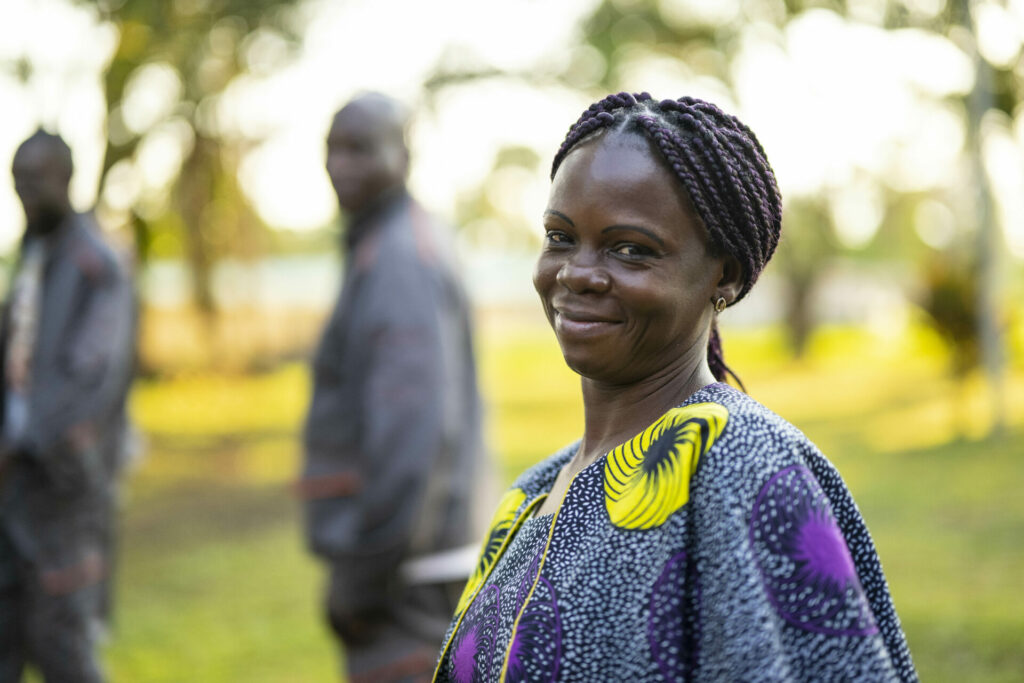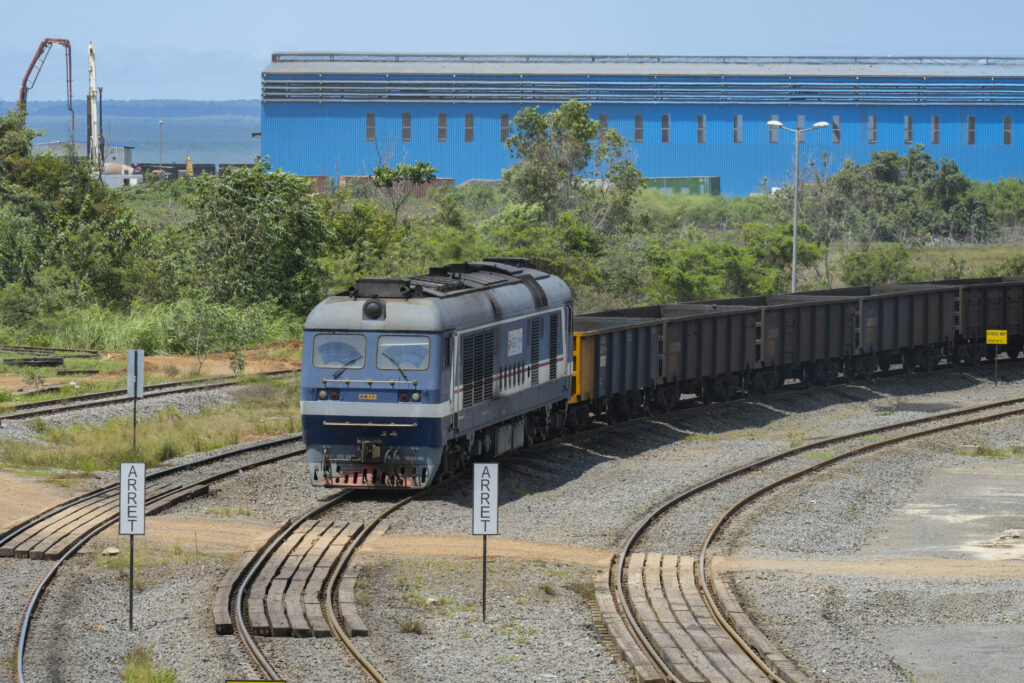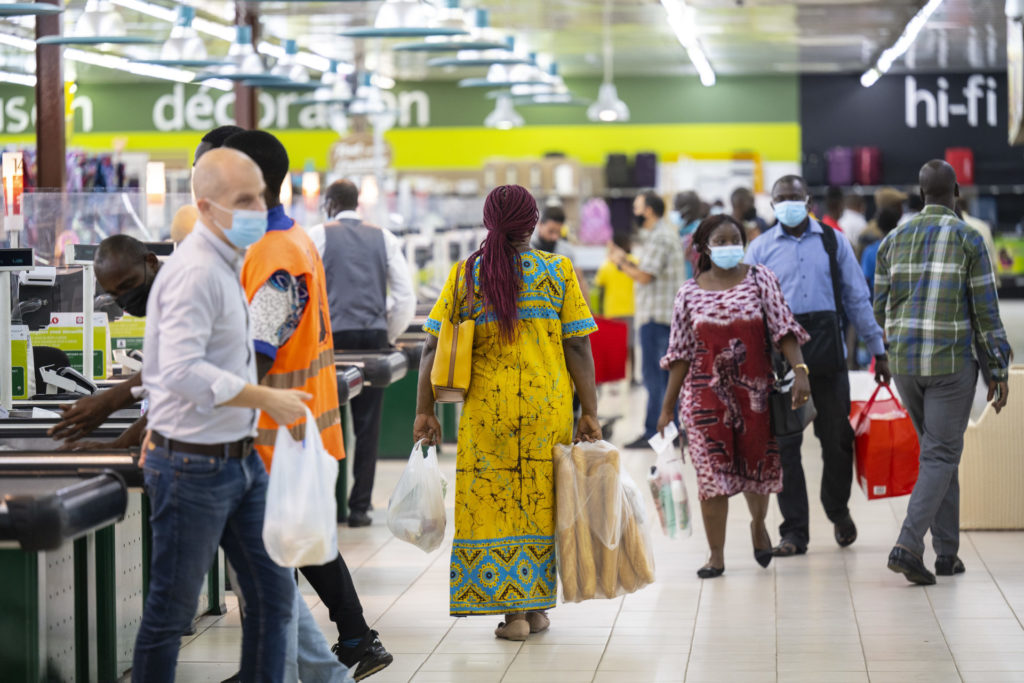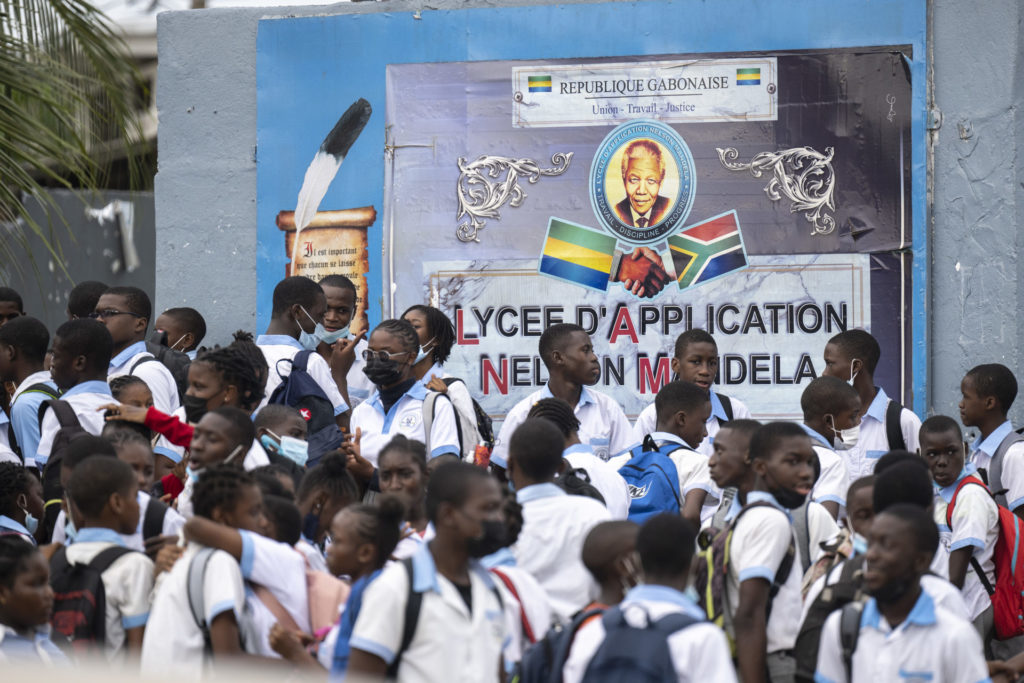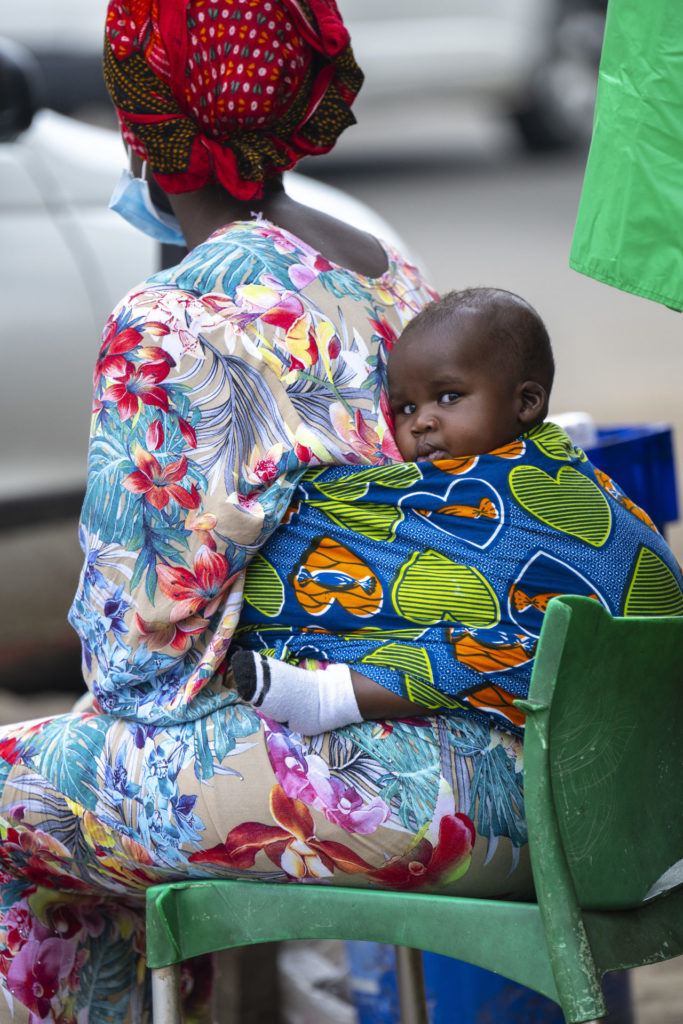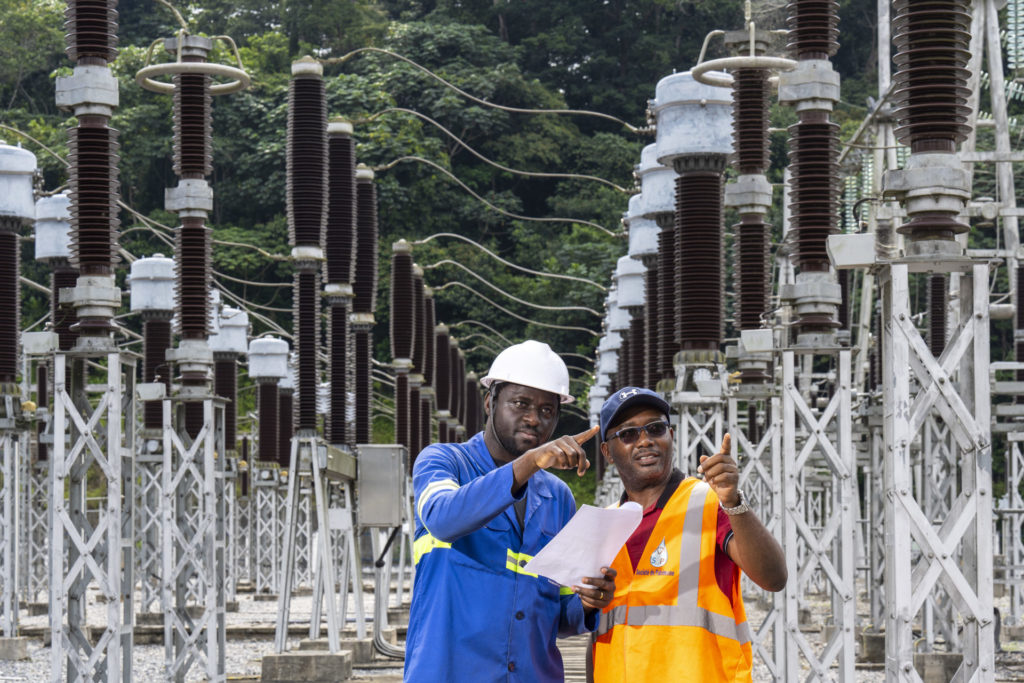The Republic of Gabon is a tier 1 African investment jurisdiction that boasts an abundance of natural resources including gas, iron ore, manganese and hydropower.
Located in west, Central Africa on the Atlantic Ocean, Gabon is currently the second largest producer of manganese ore in the world and the eighth largest crude oil producer in Africa and has had strong economic growth over the past decade, driven by its production of oil and manganese.
Gabon is a member of the Commonwealth and signatory to the Extractive Industries Transparency Initiative (EITI) and has developed into one of Africa’s more successful economies and is a member of the Central African Economic and Monetary Community (CEMAC). Gabon borders with Cameroon, Equatorial Guinea, and the Republic of Congo, and holds a strategic location along the Gulf of Guinea.
Gabon is sparsely populated, with a population of approximately 2.3 million, and has one of the highest education enrolment rates in Africa, with four universities, and a School of Mines and Metallurgy located in Franceville close to Genmin's flagship Baniaka iron ore project.
The country's capital city, Libreville, and Port Gentil are home to 59% of the population. One in two Gabonese citizens is under the age of 20, and more than four in five Gabonese citizens live in cities. The literacy rate is 89%. French is the official language.
Mining
Gabon's 2019 Mining Code provides a strong legal framework for mining title holders, which is attractive and favourable for Foreign Direct Investment. The Mining Code considers strong ESG principles, with 20% of mining tax revenues allocated to local populations for the implementation of community projects.
In 2022, the Gabon Government established a separate and dedicated Ministry of Mines in its push to diversify the economy. The government's focus on mining supports its diversification away from oil and gas, and desire to tap the potential of the country’s very rich iron ore endowment and other minerals.
